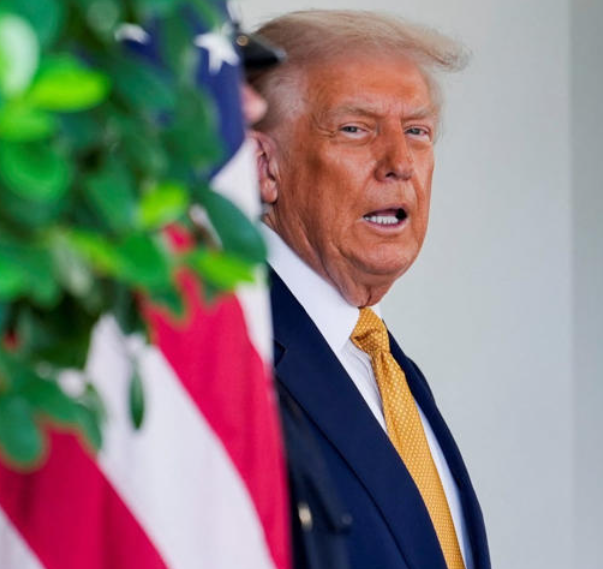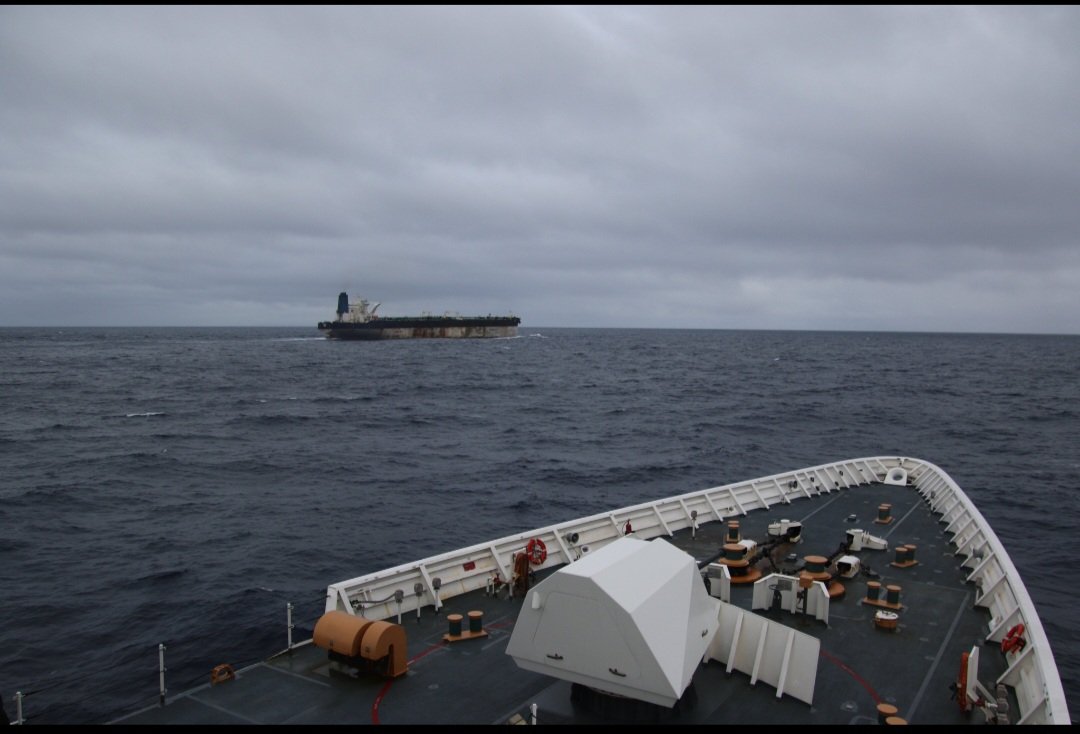
Washington, D.C. – In a sweeping move that could reshape global trade and impact American consumers, President Donald Trump signed an executive order on Saturday imposing steep tariffs on imports from Canada, Mexico, and China. The decision fulfills a key campaign promise but raises concerns about potential price hikes, inflationary pressures, and economic instability.
Under the new order, imports from China will be taxed at 10%, while goods from Mexico and Canada—America’s largest trading partners—will face a 25% tariff, with the exception of Canadian oil, which will be taxed at 10%. The White House has also introduced a mechanism to escalate the rates if any of the affected nations retaliate against the U.S.
A High-Stakes Economic Gamble
Trump has framed the tariffs as a way to pressure these countries to curb the flow of fentanyl into the U.S. while simultaneously bolstering domestic manufacturing and generating federal revenue. However, economic analysts warn that the tariffs could trigger inflation, disrupt global supply chains, and weaken diplomatic relations.
“You see the power of the tariff,” Trump told reporters Friday. “Nobody can compete with us because we have by far the biggest piggy bank.”
Despite the president’s confidence, financial markets reacted negatively to the announcement, with the S&P 500 stock index sliding after the news broke. Investors fear that increased trade tensions could destabilize the global economy and counteract the economic benefits of Trump’s proposed corporate tax cuts and regulatory rollbacks.
International Reactions and Retaliatory Measures
The tariffs have drawn swift responses from Canada and Mexico, both of whom rely heavily on trade with the U.S.
Canadian Prime Minister Justin Trudeau warned that Canada is prepared to impose retaliatory tariffs if necessary. He also emphasized his government’s commitment to addressing border security concerns, announcing a CDN$1.3 billion (US$900 million) border plan that includes enhanced surveillance measures.
Meanwhile, Mexican President Claudia Sheinbaum has stressed that Mexico has already taken steps to curb illegal border crossings and the illicit fentanyl trade. She indicated that her administration has multiple contingency plans in place to respond to U.S. economic actions.
“Mexico has a Plan A, Plan B, Plan C for what the United States government decides,” Sheinbaum stated.
Political and Economic Implications
Trump’s move marks a dramatic shift in U.S. trade policy and aligns with his longstanding advocacy for protectionist measures. The decision echoes policies from the late 19th century, which Trump has previously praised as a model for economic prosperity.
“We were the richest country in the world,” Trump said Friday, referring to the U.S. economy under President William McKinley, whom he has dubbed the “tariff sheriff.”
However, economists caution that large-scale tariffs could drive up prices for American businesses and consumers. While Trump’s first-term tariffs had limited impact on inflation, the scope of his new trade policies could have more profound consequences.
Recent research from Cornell University suggests that Canada and Mexico could bear the brunt of the economic fallout due to their heavy reliance on U.S. markets. The effects on China remain uncertain but could add further strain to an already tense U.S.-China economic relationship.
Congressional Response and Legislative Challenges
The tariffs have sparked immediate opposition from Democratic lawmakers, who are seeking to curb the president’s authority over trade policy. Sen. Chris Coons (D-Del.) warned of dire consequences for American consumers.
“If this weekend’s tariffs go into effect, they’ll do catastrophic damage to our relationships with our allies and raise costs for working families by hundreds of dollars a year,” Coons said.
Democrats are pushing legislation to require congressional approval for future tariff impositions, though with a Republican-controlled House and Senate, such efforts face an uphill battle.
Meanwhile, Trump remains focused on advancing other aspects of his economic agenda, including tax cuts and securing an increase in the government’s legal borrowing authority. Whether the tariffs strengthen his negotiating position or backfire politically remains to be seen.
Credit: AP







